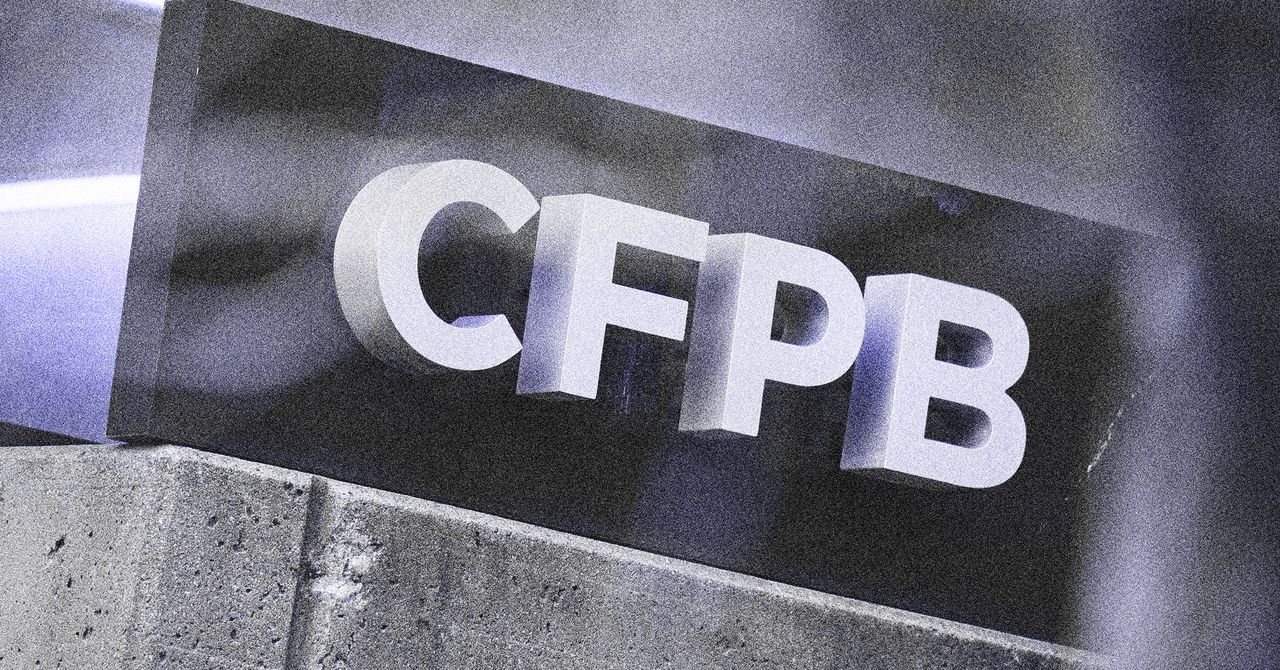
Turn Off the Tap
Shutting off the water while brushing your teeth will save about 2,000 gallons a year. Turning off the shower when lathering up or shampooing will save even more: The typical showerhead gushes up to 5 gallons per minute. Find out how to cut your water use in half, and consider picking up one of the best showerheads from CR’s tests to ensure you’re using something more efficient.
Do Dishes the Right Way
Follow these tips for hand-washing your dishes. Or use a dishwasher, but don’t prerinse the dishes—it’s unnecessary and wastes up to 6,500 gallons of water per year. Getting an energy-efficient dishwasher can also help minimize water and electricity use. And check out our guide on how to get the most out of a water-saving dishwasher.
Recycle Electronics
Cell phones, laptops, tablets, and other electronics contain toxic materials, including lead, mercury, and cadmium, which can leach into the environment if not disposed of properly. Go to Earth911 or Call2Recycle to find locations near you that collect old electronics to be refurbished, resold, or recycled. Also, see other ways to get rid of your electronics, including selling or trading them in if they’re in good condition.
Opt Out of Unwanted Mail
Each year, more than 100 million trees’ worth of bulk mail arrives in American mailboxes. Yes, you can recycle that pile of unwanted mail, but it’s better to eliminate paper waste in the first place. Registering with a service like Catalog Choice (free) or the Direct Marketing Association’s Mail Preference Service ($5 for 10 years) allows you to opt out of getting junk mail. Prefer using an app? Try PaperKarma ($4 per month or $25 for one year). Extra credit: Ask your utilities and financial service providers for paper-free billing and statements. Some may even offer discounts for switching to paperless.
Expand Your Recipe Repertory
The average American wastes about one pound of food a day, and food waste is the largest category of material in our landfills, where it emits methane, a greenhouse gas. To make the most of your food purchases, try finding a recipe that incorporates food scraps, such as vegetable stock or carrot top pesto. (Remember, we wouldn’t have banana bread without overripe bananas no one wants to eat.)
For everything else, you can return those nutrients to the earth by composting (you can even compost in an apartment) or find a community garden or farmers market that will be happy to take your vegetable peels, fruit cores, egg shells, and coffee grinds.









